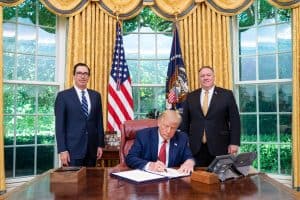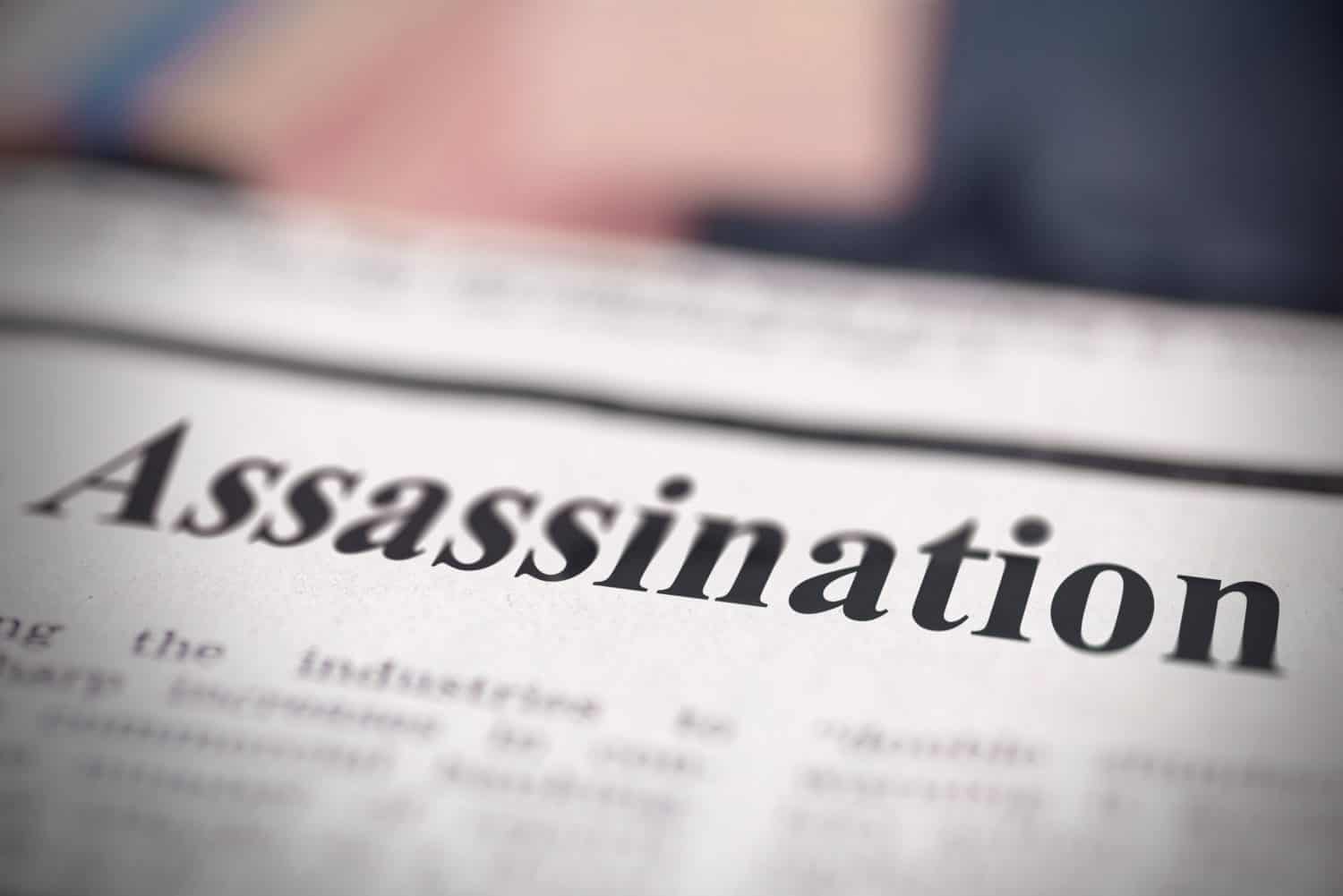
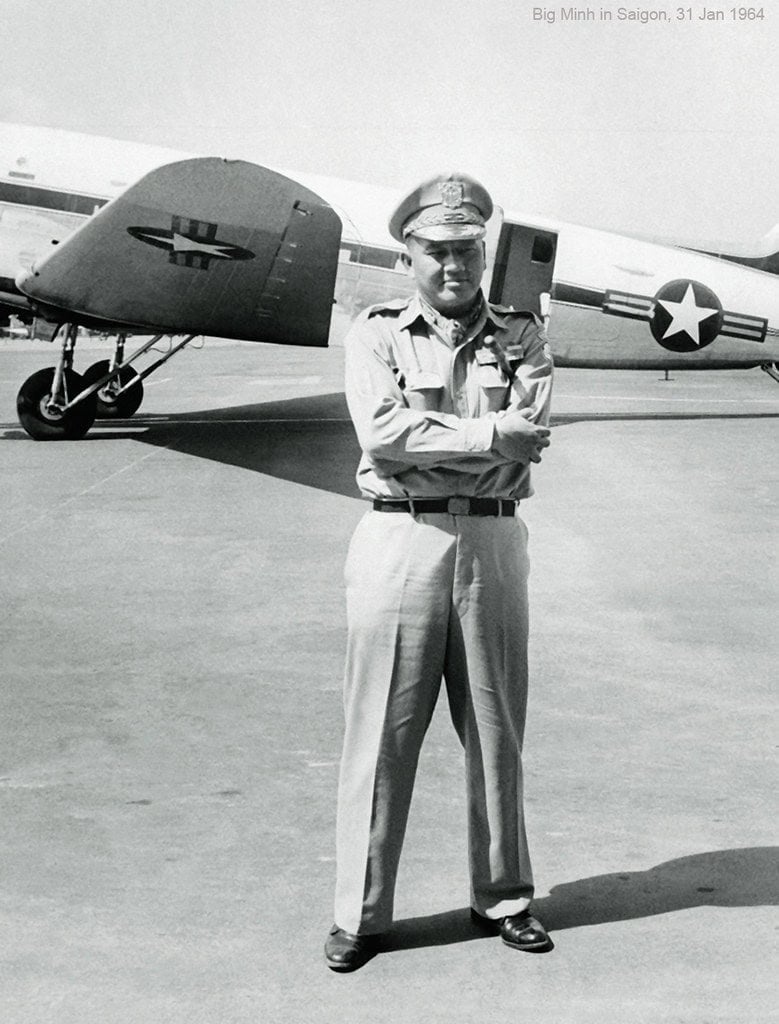
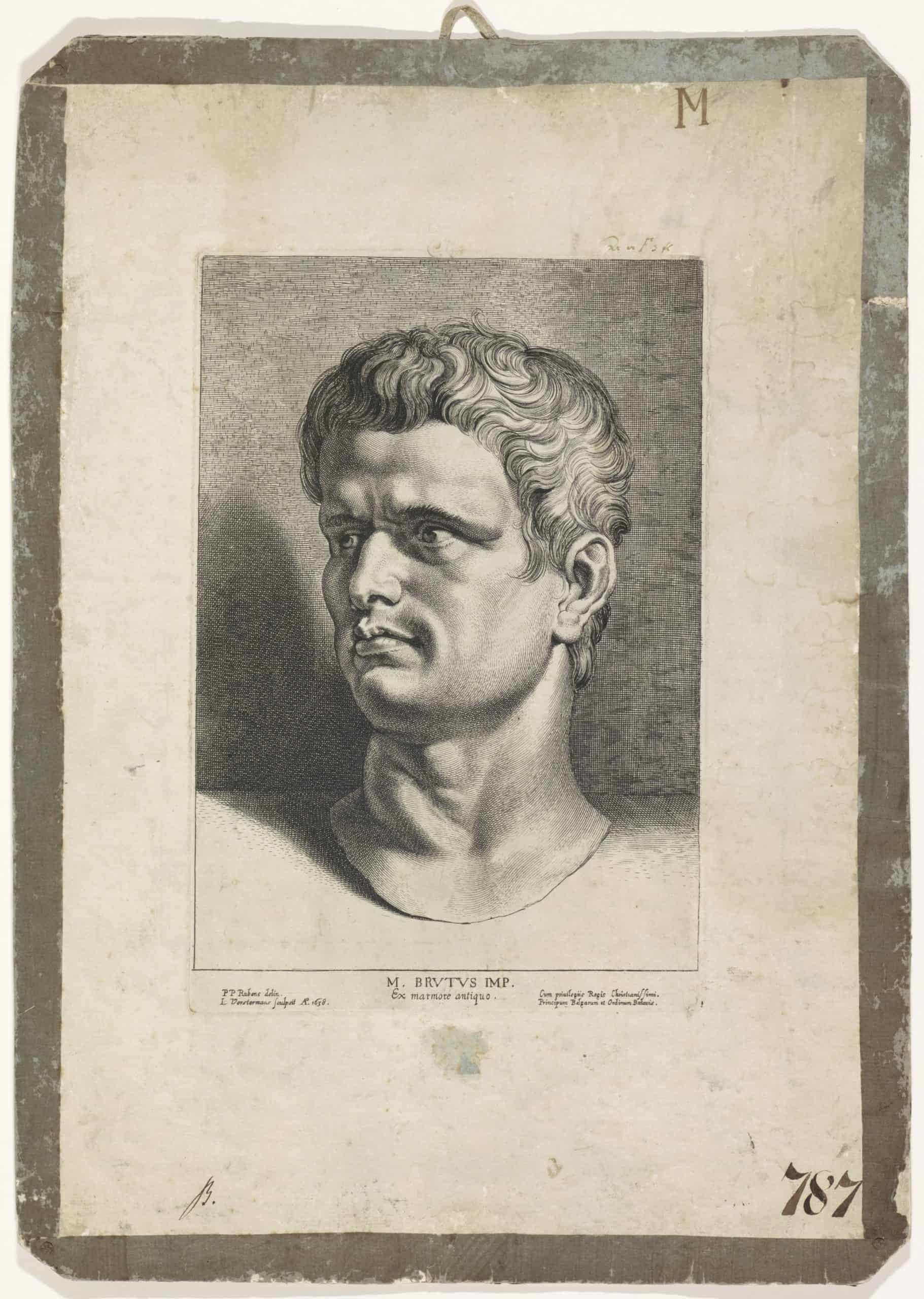
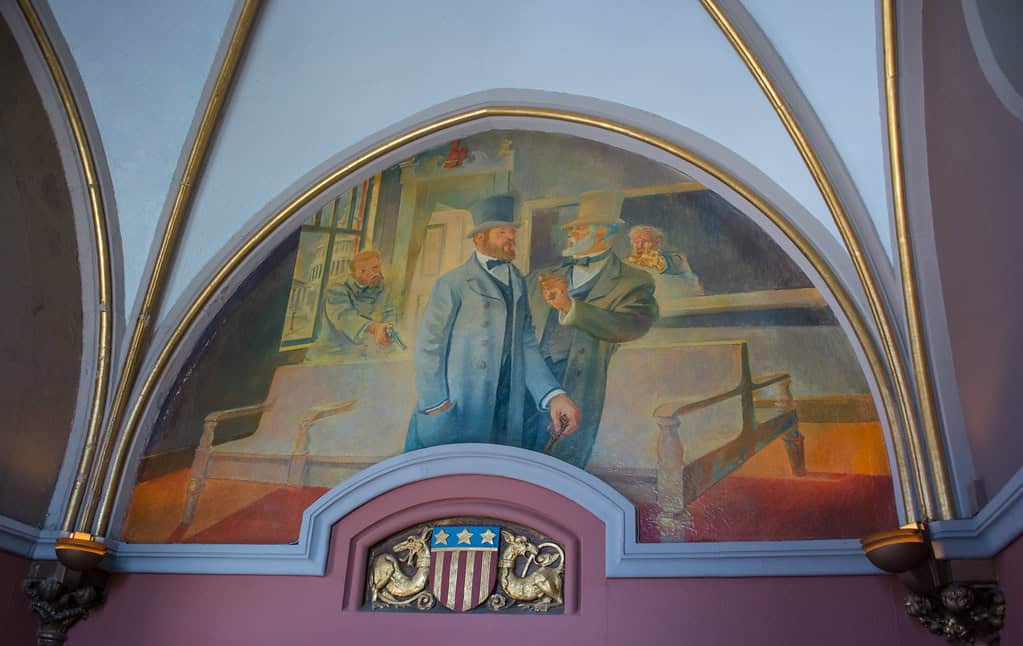
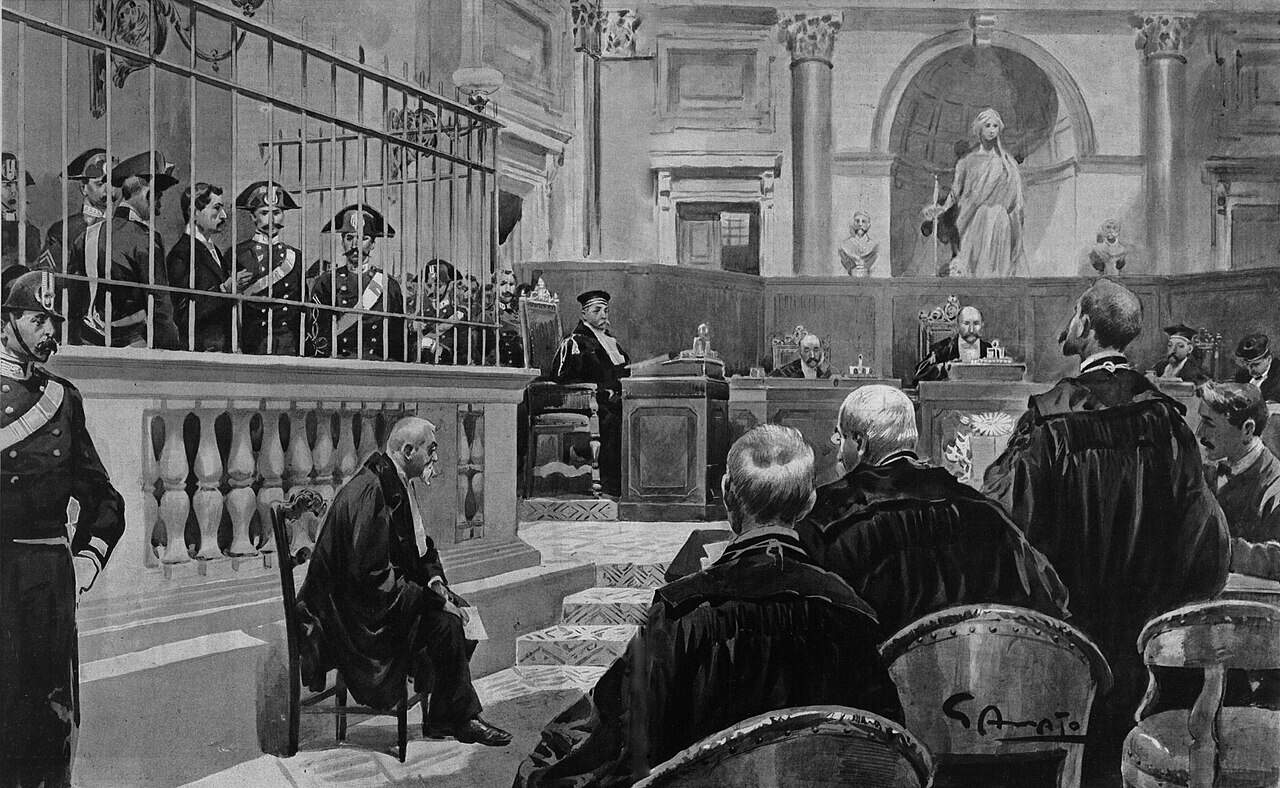
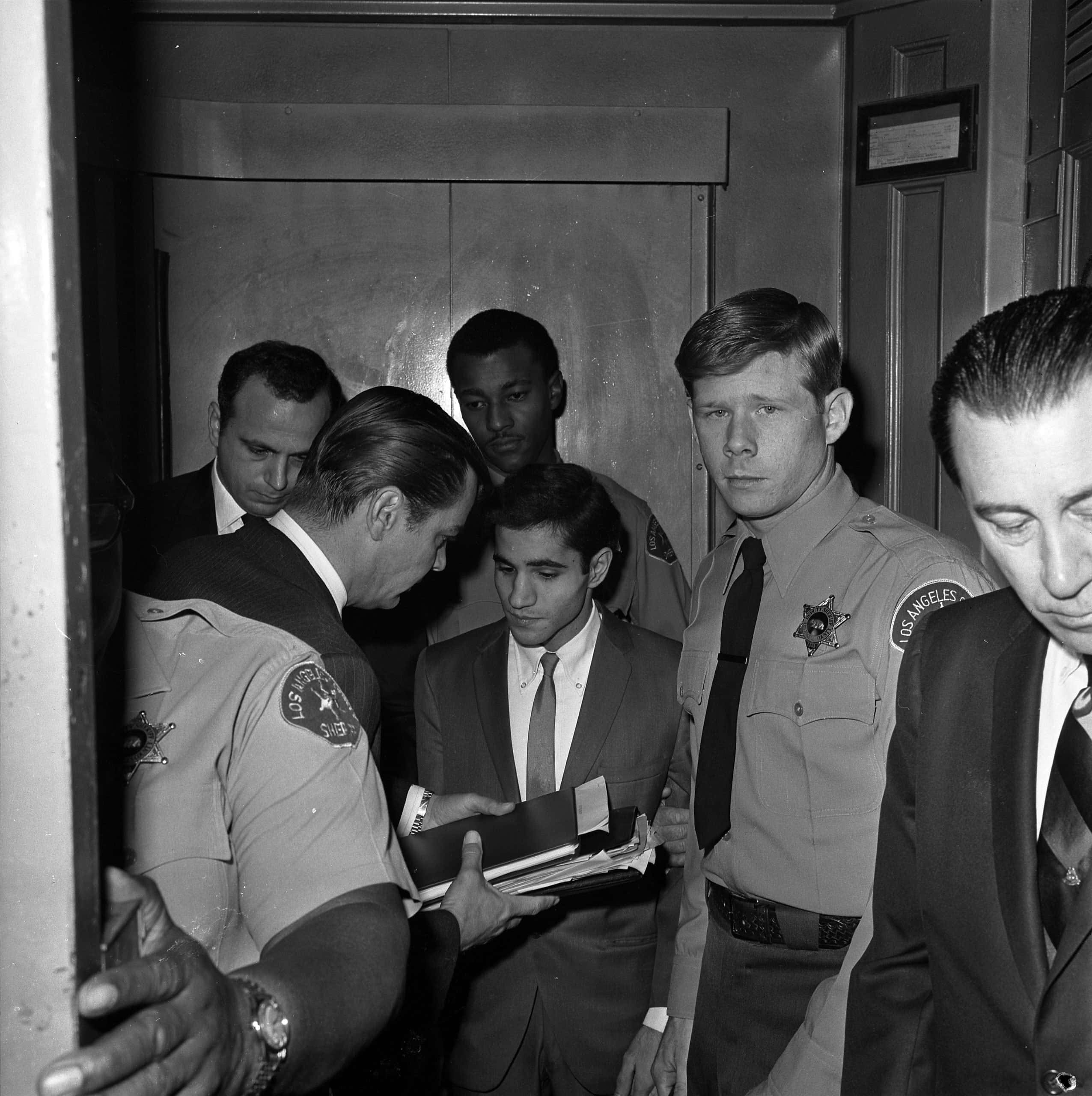
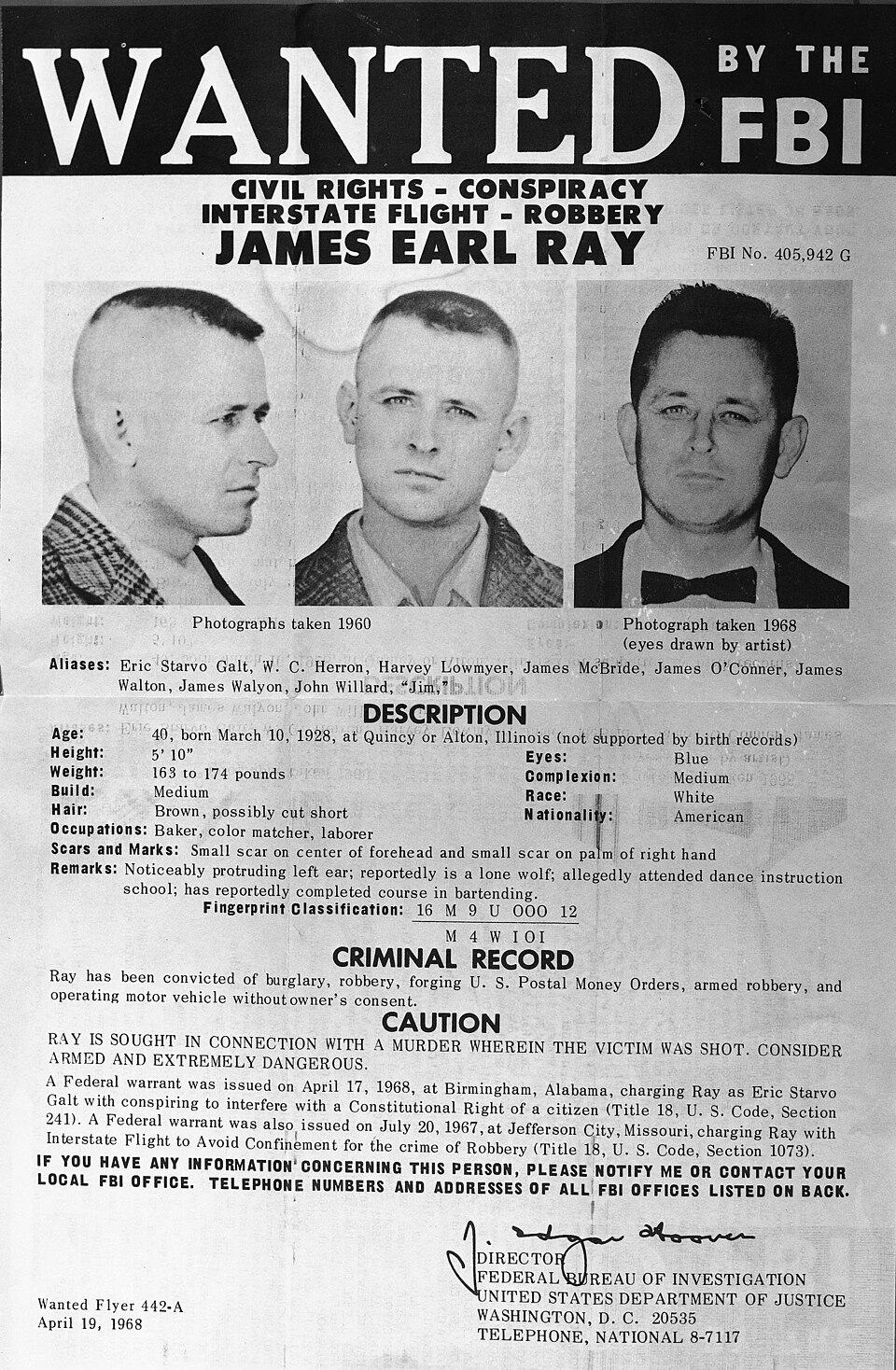

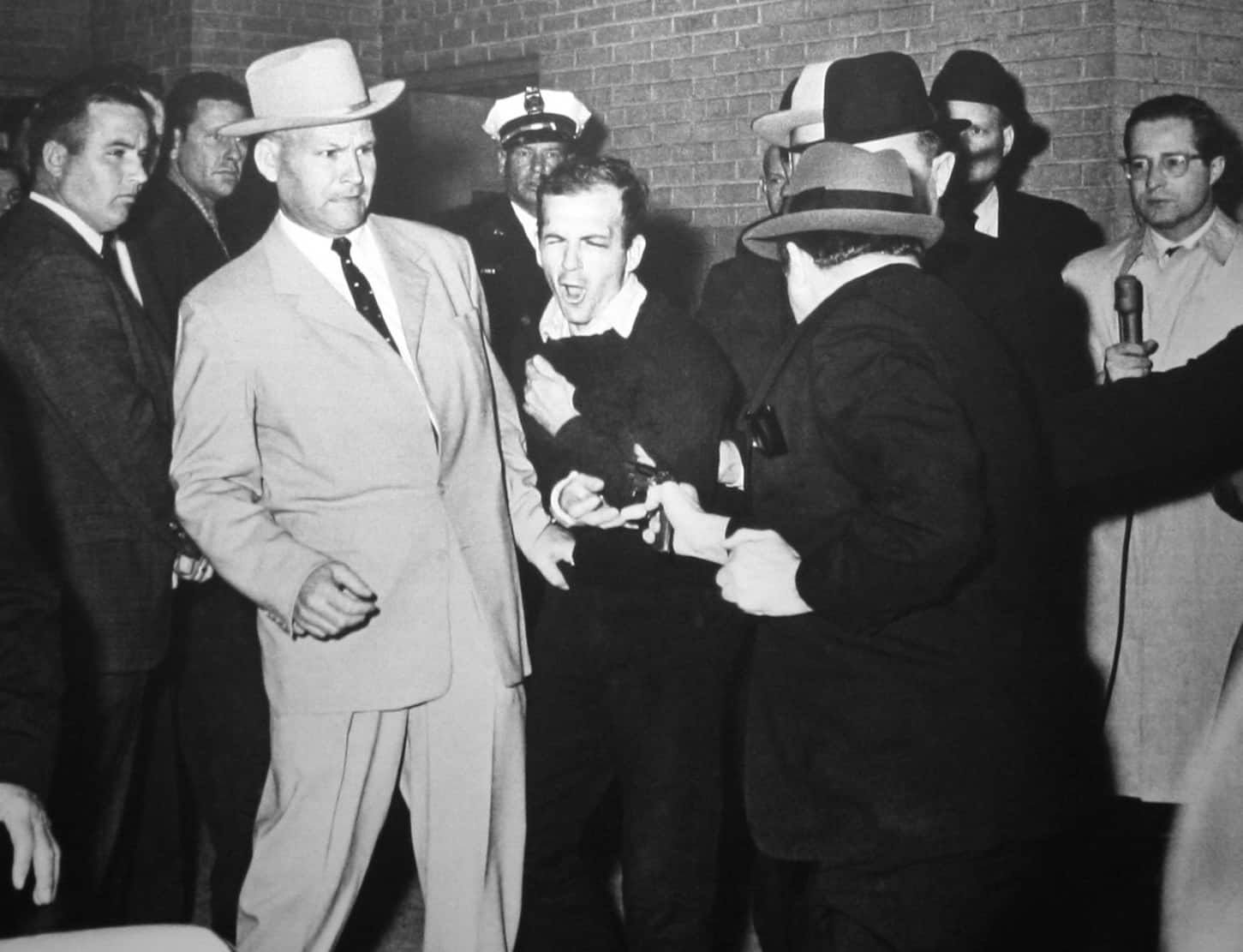
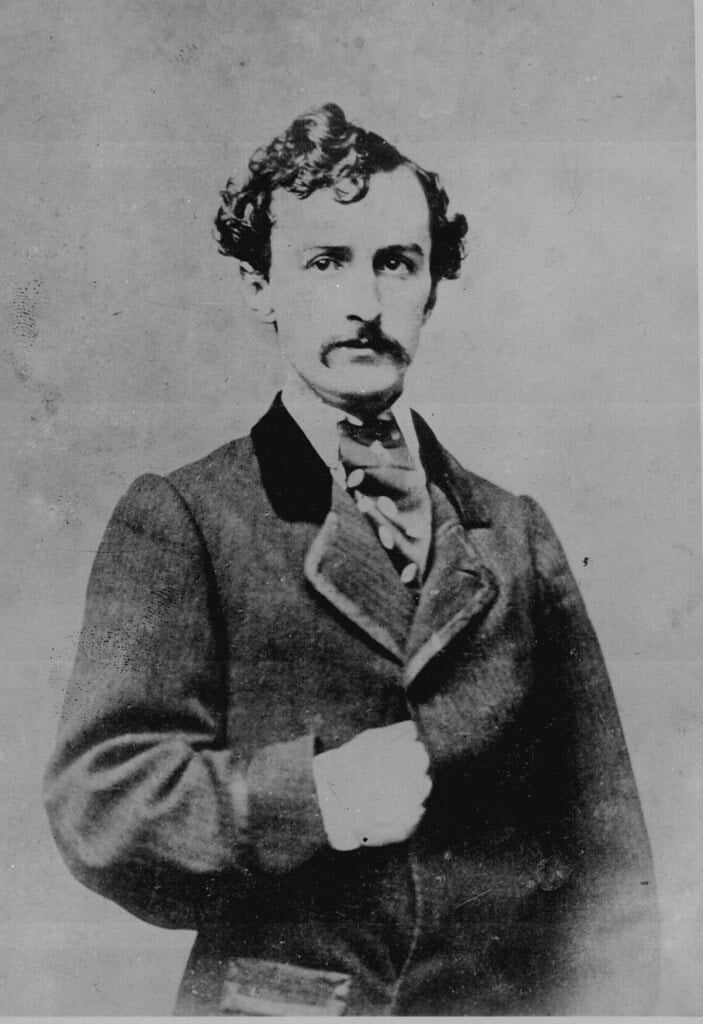
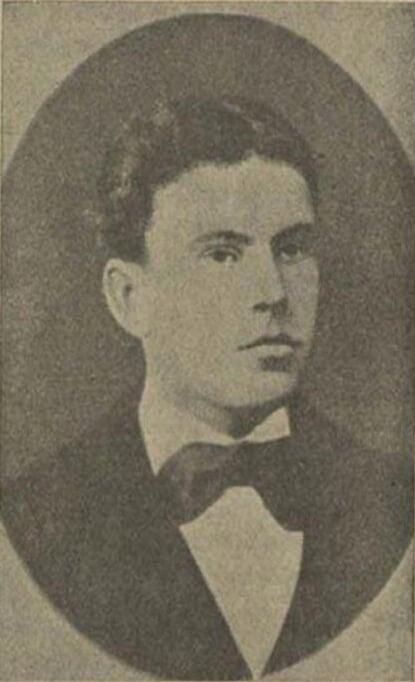

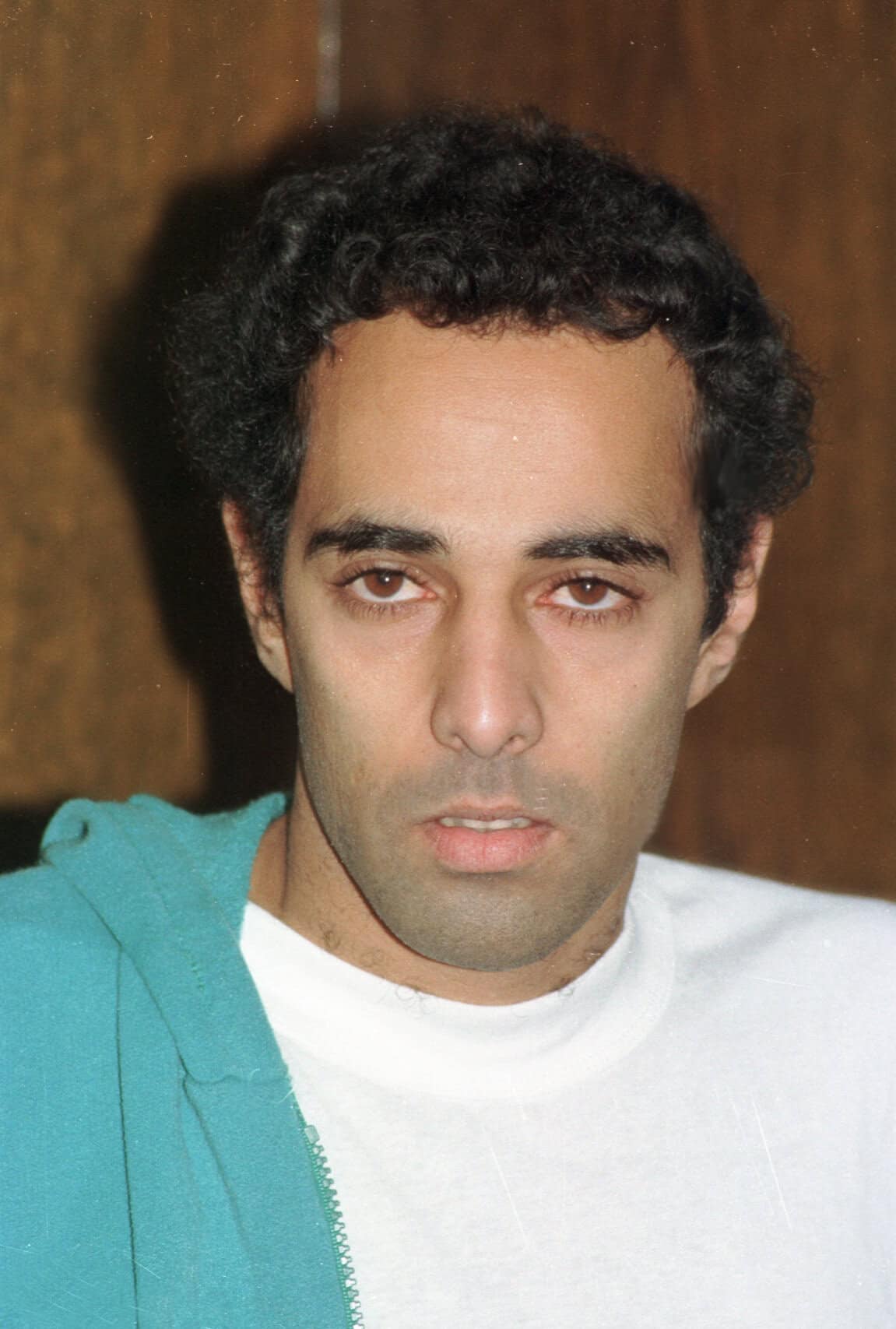
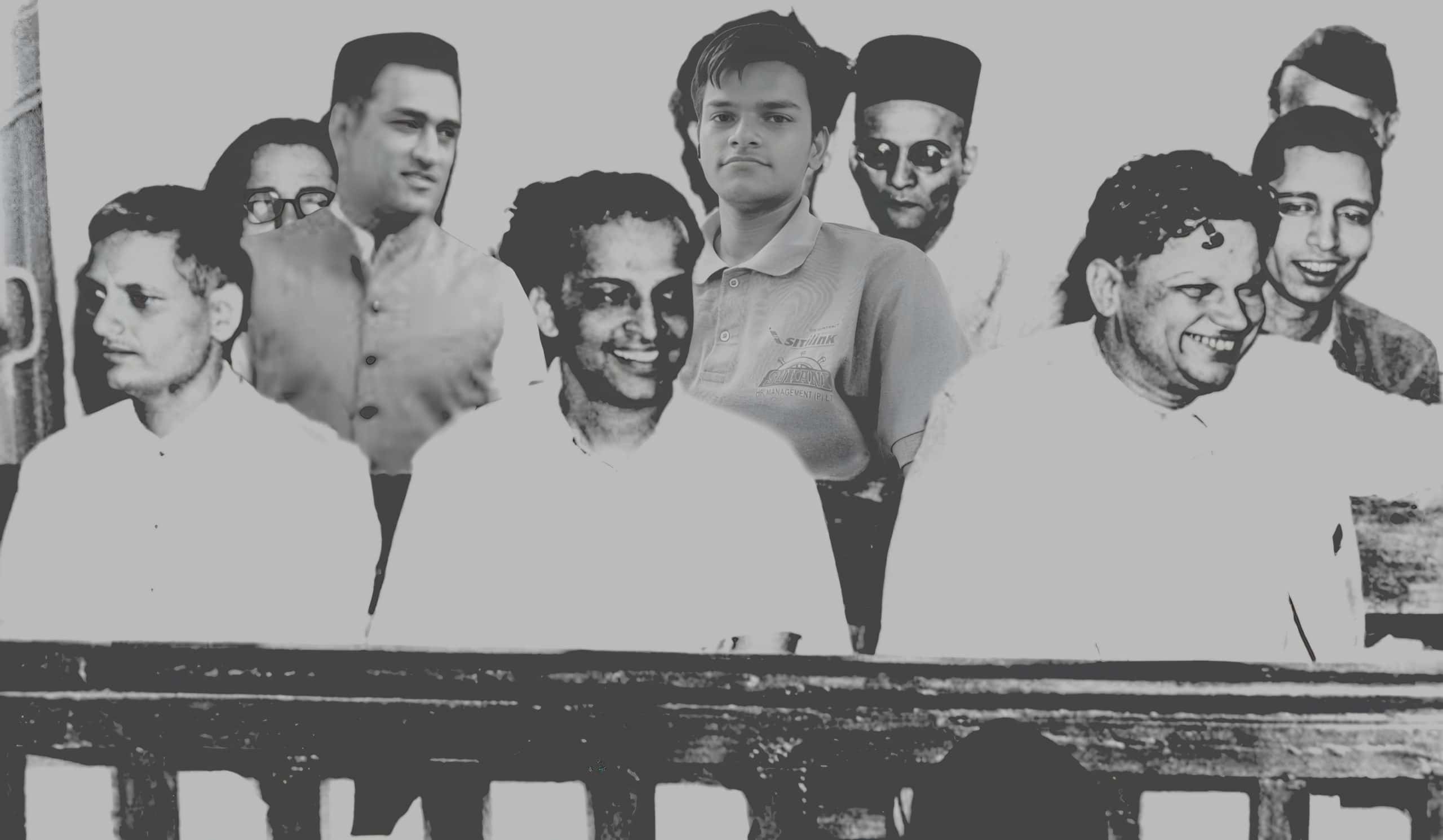
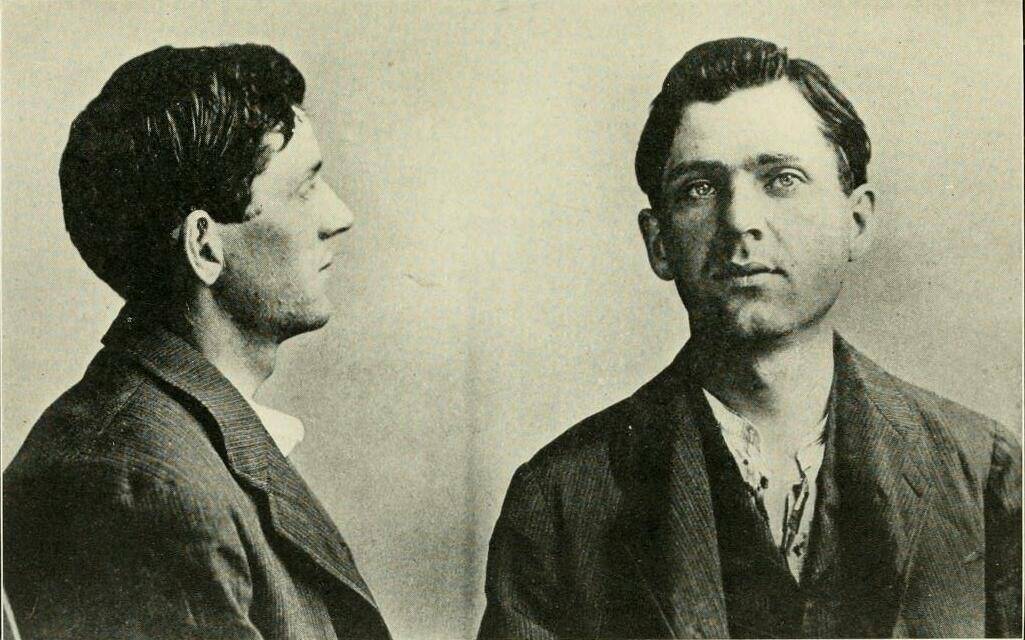
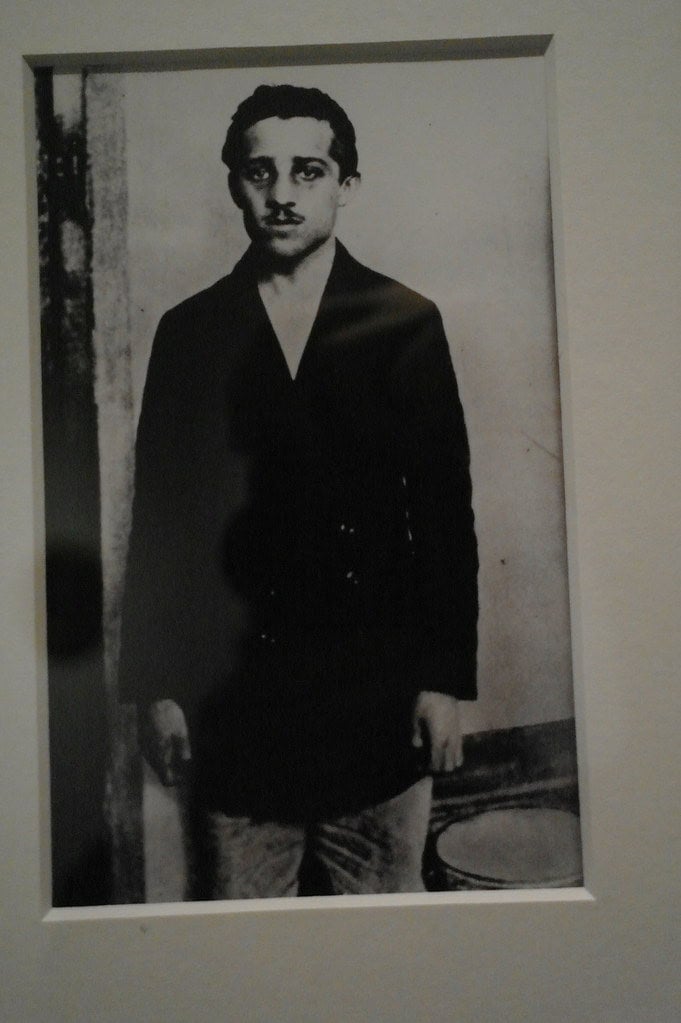
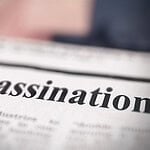
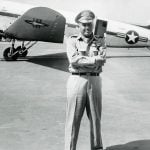
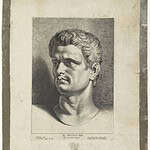
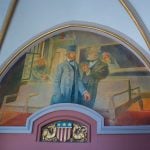
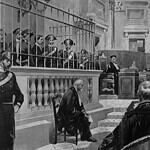
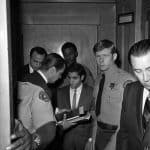
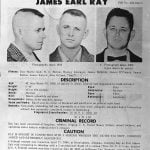
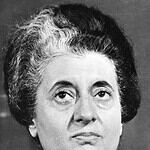

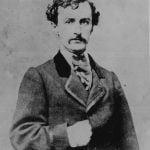
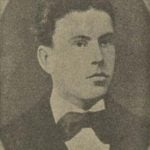


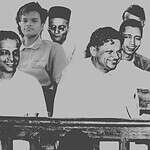
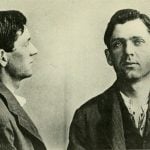

Assassins that Altered History With a Single Bullet
Whether an assassin wants to silence someone over mysterious secrets, act for a cause, or eliminate a rival, the concept of assassination has existed for millennia. Instances of assassination have often led to mass outpourings of grief and the emergence of conspiracy theories, many of which persist to this day.
Sometimes, the assassination of a leader or prominent figure is so shocking that many people remember exactly what they were doing and where they were on that day.
15. General Duong Van Minh
The President of South Vietnam, Ngo Dinh Diem, was arrested and assassinated as part of a coup led by General Duong Van Minh, which had the tacit approval of the United States. US officials were concerned that Diem was difficult to work with and was hesitant to institute democratic reforms.
Upon his assassination, the US hoped it would bring stability to the region, but instead it only dragged the US deeper into the Vietnam War, in which 58,000 Americans died.
14. Marcus Junius Brutus
Stabbed by Marcus Junius Brutus and Gaius Cassius Longinus, the assassination of Julius Caesar is one of the most famous assassinations in history. Stabbed multiple times, there was a concern that Caesar’s concentration of power threatened the Roman Republic.
Ultimately, Caesar’s death had the opposite effect of what the plotters had hoped, as it gave rise to the Roman Empire under Augustus.
13. Charles J. Guiteau
Charles J. Guiteau was a disgruntled office-seeker who had played a relatively minor role in President Garfield’s campaign. Due to the patronage system at the time, where government jobs were handed out as rewards, Guiteau was upset that Garfield’s administration didn’t give him a diplomatic position.
As a result, Guiteau became enraged and shot the President, who lingered for 80 days before dying. This allowed the US to pass the Pendleton Civil Service Act of 1883, beginning the process of instituting merit-based hiring for federal jobs and reducing, but not eliminating, the patronage system.
12. Gaetano Bresci
While it would take four decades for his assassination goals to succeed, Gaetano Bresci killed King Umberto I of Italy in July 1900. During a period of intense social unrest in Italy, Umberto’s reign was plagued by economic problems and working-class frustration.
Hated by left-wing groups, Bresci took the life of the King after becoming an anarchist and believed the King was to blame for the violence against Italian workers. Umberto’s death broke trust in the monarchy, but it took until 1946 before it was disbanded.
11. Sirhan Sirhan
A Palestinian immigrant, Sirhan Sirhan, assassinated Senator Robert F. Kennedy in June 1968. The brother of President Kennedy, Sirhan, shot Kennedy due to his vocal support for Israel, especially in the aftermath of the Six-Day War.
Sirhan’s personal struggles and anti-Israel rhetoric gave him militant-level beliefs, radicalizing him enough to take Kennedy’s life. Had Kennedy lived, the Vietnam War might have ended sooner, and social justice and Civil Rights would have been more engaged than under Richard Nixon.
10. James Earl Ray
During a period when the Civil Rights movement was at its strongest under Martin Luther King Jr., a bullet from James Earl Ray took King’s life. A career criminal, Ray fired from across the street and then fled to London, where he was captured two months later.
While conspiracy theories are plentiful, Ray held deep racist beliefs and believed that racial equality threatened whites. King’s death would spark riots across the country and eventually lead to the Fair Housing Act, all while cementing King’s legacy of work.
9. Beant Singh and Satwant Singh
Bodyguards to Indira Gandhi, then Prime Minister of India, Beant Singh and Satwant Singh assassinated Gandhi at her home on October 31, 1984.. Following a period of escalating tensions between the Indian government and the Sikh community, Operation Bluestar was a military operation ordered by Indira Gandhi to remove Sikh militants from the Golden Temple, which led to resentment among Sikhs, including two of her bodyguards who later assassinated her.
Gandhi’s assassination triggered a massive backlash against the Sikh community, resulting in thousands of deaths and having lasting repercussions on social divisions in India.
8. Lee Harvey Oswald
Young and popular, President John F. Kennedy showed a lot of promise and gave young Americans a reason to be optimistic about the future. Kennedy's assassination by Lee Harvey Oswald, who is believed to have harbored a deep disdain for American capitalism and imperialism, was viewed by Oswald as an act of necessity.
Oswald resolved to kill the President, succeeding in November 1963. The event remains one of US history's most important “what could have been” moments had Kennedy stayed in office.
7. John Wilkes Booth
A local actor, John Wilkes Booth, was well-known and popular even as he began to jump into politics with loud support for slavery and anti-immigrant causes. A staunch Confederate sympathizer, Booth originally planned to kidnap President Abraham Lincoln and hold him for ransom with co-conspirators.
Booth famously shot Lincoln at Ford’s Theater, allowing Andrew Johnson to become President, leading to harsher Reconstruction policies.
6. Ignacy Hryniewiecki
A Polish member of a Russian revolutionary society, Ignacy Hryniewiecki, threw the bomb that fatally wounded the Russian Tsar Alexander II of Russia. Hryniewiecki and his group hoped that killing Alexander II would bring a social and political revolution to overthrow the tsars.
Instead, it gave the Russian state the political cover to crush any revolutionary movement and maintain the Tsar's rule, ultimately leading to the Russian Revolution in 1917.
5. Charlotte Corday
During the French Revolution, Charlotte Corday assassinated Jean-Paul Marat, who was a radical Jacobin leader, in July 1793. Corday was a Girondin sympathizer and gained access to Marat by posing as a supporter of his cause.
Corday blamed Marat for driving France toward extremism and threatening the revolution. Acting alone, she believed killing him was her patriotic duty to France. Unfortunately, her actions backfired and strengthened the Jacobins’ grip on power, turning Marat into a symbol of resistance.
4. Yigal Amir
Amidst a deeply polarized climate in Israel, Yigal Amir assassinated then-Israeli Prime Minister Yitzhak Rabin on November 4, 1995. Amir believed that by making peace with the Palestinians through the Oslo Accords, Rabin was endangering Jewish lives and Israel’s future.
Amir saw himself as someone who needed to fulfill a national duty. Ultimately, without Rabin to champion them, the Oslo Accords fell apart after their five-year interim period.
3. Nathuram Godse
Considered to be the father of modern-day India, Mohandas Gandhi was an Indian nationalist who rejected British rule. Nathuram Godse was a Hindu Nationalist, and he was strongly against Gandhi’s overtures toward the Muslim community in India during its partition away from British rule. Godse believed that Gandhi would weaken Hindu interests and saw the assassination, which he completed on January 30, 1948, as a defense of Hindu nationalism.
2. Leon Czolgosz
The son of Polish immigrants, Leon Czolgosz, found work at the Newburgh Wire Mill as a teenager. Taking place in failed strikes against harsh working conditions, Czolgosz grew bitter against the idea of capitalism and greed.
Quitting his job, Czolgosz joined an anarchist group where he decided to assassinate President McKinley, which he did in September 1901, and McKinley died eight days later.
1. Gavrilo Princip
Gavrilo Princip's assassination of Archduke Franz Ferdinand led directly to the start of World War I. Born under Austro-Hungarian rule, Princip rejected Franz Ferdinand as a sign of oppression against the Serbian and Slavic people. Acting in what he believed was a nationalist way, as a member of Young Bosnia, Princip and his co-conspirators believed that killing the Archduke would end Austro-Hungarian rule and allow the reunification of the Serbian and Slavic countries.
